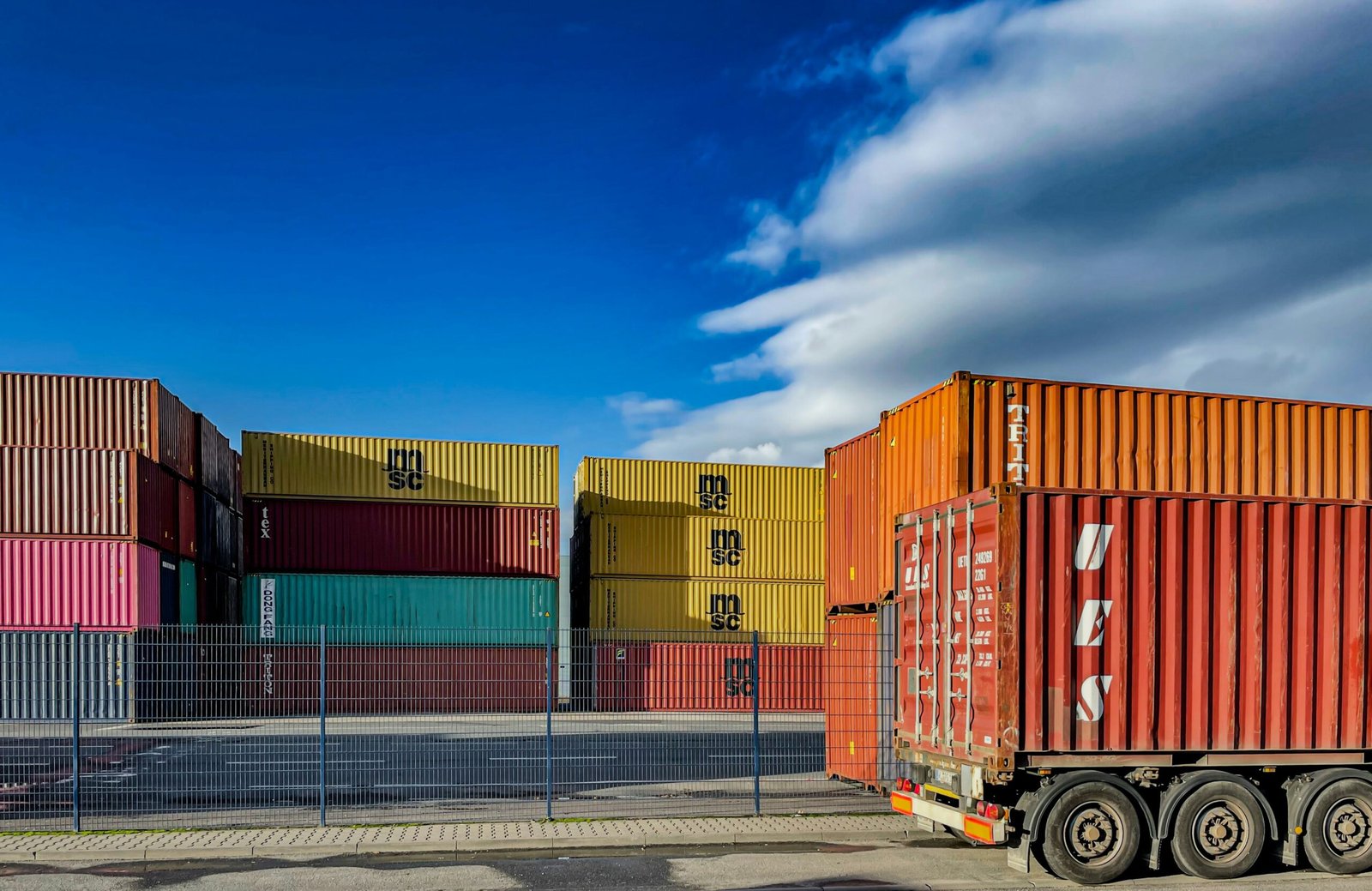Importing goods can be a complex process, especially when it comes to navigating customs and complying with import regulations. Whether you are a business owner or an individual importing goods for personal use, understanding the customs procedures and compliance requirements is crucial to ensure a smooth and hassle-free experience.
Understanding Import Regulations
Import regulations vary from country to country, and it is essential to familiarize yourself with the specific regulations of the country you are importing goods into. These regulations may include restrictions on certain goods, licensing requirements, and documentation obligations. It is advisable to consult with a customs broker or import specialist who can provide guidance on the specific regulations applicable to your goods.
Customs Documentation
When importing goods, proper documentation is essential to comply with customs requirements. Some common documents include commercial invoices, packing lists, bills of lading, and certificates of origin. These documents provide information about the goods being imported, their value, and their country of origin. It is important to ensure that all documentation is accurate and complete to avoid delays or penalties at customs.
Tariffs and Duties
Importing goods often involves paying tariffs and duties imposed by the importing country. Tariffs are taxes imposed on imported goods, while duties are fees charged for the processing and clearance of goods through customs. The rates of tariffs and duties vary depending on the type of goods and the country of import. It is crucial to research and understand the applicable tariffs and duties to accurately calculate the cost of importing goods.
Compliance with Customs Regulations
Complying with customs regulations is vital to avoid penalties, delays, or even seizure of goods. Some key compliance requirements include proper classification of goods, accurate valuation, adherence to import quotas (if applicable), and compliance with product safety and labeling standards. Working with a customs broker or import specialist can help ensure that you meet all the necessary compliance requirements.
Conclusion
Navigating customs and complying with import regulations can be a daunting task. However, with a clear understanding of the regulations, proper documentation, and compliance with customs requirements, you can successfully import goods without any complications. Remember to seek professional guidance when needed and stay updated on any changes in import regulations to ensure a smooth and efficient import process.

